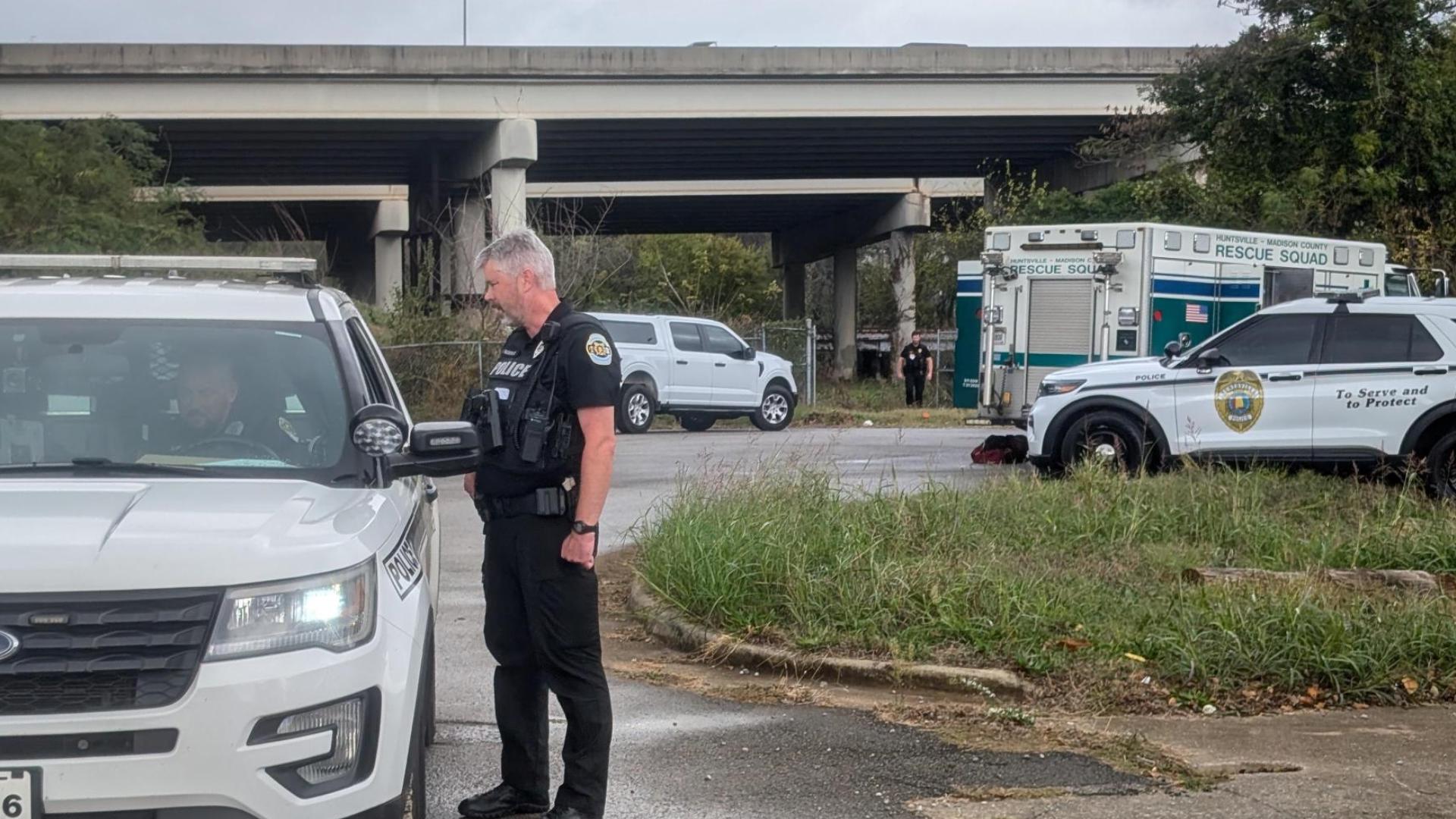HUNTSVILLE, Alabama — Suicide prevention has been a pressing topic for years. But, with the mental health issues spurring from the pandemic, it is more crucial than ever. We've seen numbers spike in people of all age groups who are struggling to cope.
According to the CDC, one in four young adults ages 18-24 seriously contemplated committing suicide this summer. Sixteen percent of adults ages 25-44 and almost 4 percent of adults ages 45-64 considered taking their own lives. The CDC says these numbers are likely linked to the changes brought by the pandemic.
We spoke with Monretta Vega, a Counselor and Psychotherapist with Huntsville Psychotherapy and Counseling Services. She says, “You can definitely start to feel trapped, stuck, or alone because there are so many restrictions, and our ‘norm’ is gone at this moment.”
The CDC reports, recent statistics of mental health issues can be linked to the impact of physical distancing and stay-at-home orders.
And symptoms of anxiety and depression have increased in the United States from April to June of 2020, compared with the same period in 2019. Vega tells our reporter, “When you start to feel withdrawn, or as if you can lay down all day or be alone in your room all day… Those are feelings that we want to try to address because that can lead to the isolation, which leads to the feelings of suicidal thoughts.”
According to Forbes, suicide rates are at a 50-year high in the U.S.
We spoke with Connie Kane of Crisis Services of North Alabama. She says it’s key for family and friends to realize a lot of people just feel they need to be heard, especially during the pandemic. She explains, “I'm not necessarily coming to you to solve my problems. I’m coming to you because I want to be heard and I want to be recognized. And I want to be cherished. And that’s what I want out of relationships. And that’s something we need to offer to each other.”
If you do find yourself feeling alone. There are resources available. Connie Kane tells us, “Our HelpLine at (256) 716-1000 is always available 24/7 to be abe to call. We are getting a lot of calls from people who are lonely because they can’t get out and do what they used to do.” She adds, “Our Textline is open from 4 pm to 11:30 pm. That number is (256) 722 8219.”
CSNA will be holding a Crisis Line volunteer training starting September 22 to help ensure a listening ear is always available to answer calls. Kane tells our reporter, “We are looking for people who are open minded, non-judgmental. The most important thing is you have to be willing to listen.”
For more information on volunteer training, and resources for suicide prevention education, call the CSNA HelpLine at (256) 716-1000, visit their website by clicking here.



